In a stunning political development, the 2023 vice presidential candidate of the Social Democratic Party (SDP), Yusuf Buhari, and the party’s Kano State governorship candidate, Bala Mohammed Gwagwarawa, led a mass exodus from the SDP to the All Progressives Congress (APC) on March 18, 2025. The defection, which included members of the Kano State Working Committee (SWC), 38 local government chairmen and secretaries, 13 House of Assembly candidates, and six House of Representatives candidates, marks a significant realignment in Nigeria’s political landscape as the 2027 general election looms.
The high-profile switch occurred at the REIZ Continental Hotel in Abuja, where Deputy Senate President Jibrin Barau formally received the defectors into the APC. Barau hailed the move as a crippling blow to any ambitions of using the SDP as a platform to challenge the APC’s dominance in 2027. “The defection of SDP’s heavyweights in Kano into the APC showed that the mission to use the party to scuttle the chances of the APC in 2027 was dead on arrival,” he declared, underscoring the ruling party’s strengthened position.
The event dealt a particular setback to former Kaduna State Governor Nasir El-Rufai, who recently joined the SDP in a bid to reposition it as a viable opposition force. Former Kano State Governor Senator Kabiru Gaya, speaking at the gathering, remarked that the SDP was “already empty” by the time El-Rufai arrived, suggesting that the party’s influence had been hollowed out by this mass departure.
APC National Chairman Dr. Abdullahi Umar Ganduje, represented by Deputy National Chairman (South) Chief Emma Eneukwu, warmly welcomed the defectors, assuring them of equal rights and privileges within the party. Eneukwu described their transition as a move “from darkness to light,” emphasizing the APC’s role as a unifying and transformative force under President Bola Ahmed Tinubu’s leadership.
Yusuf Buhari, explaining the defectors’ motivations, pointed to the tangible successes of Tinubu’s administration as the driving force behind their decision. “We moved to the APC following the successes the party had recorded under President Bola Ahmed Tinubu,” he said, highlighting the administration’s achievements as a key factor. Similarly, Bala Mohammed Gwagwarawa praised Tinubu’s “outstanding performance” in less than two years, framing his return to the APC as a natural alignment with a proven leadership track record.
The defection not only bolsters the APC’s foothold in Kano—a critical political battleground—but also raises questions about the SDP’s viability as an opposition contender. With prominent figures and grassroots operatives now in the APC fold, the ruling party appears poised to consolidate its influence well ahead of the 2027 polls. As Nigeria’s political dynamics continue to evolve, this mass movement underscores the APC’s enduring appeal and the challenges facing smaller parties in mounting a credible challenge.

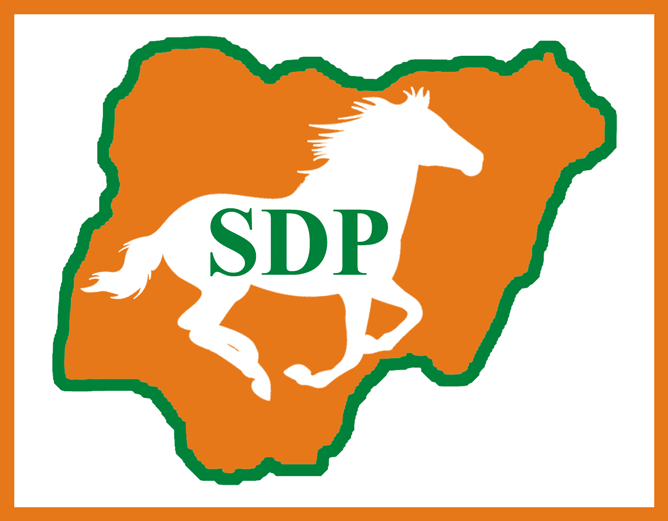


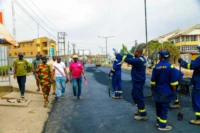

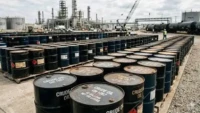

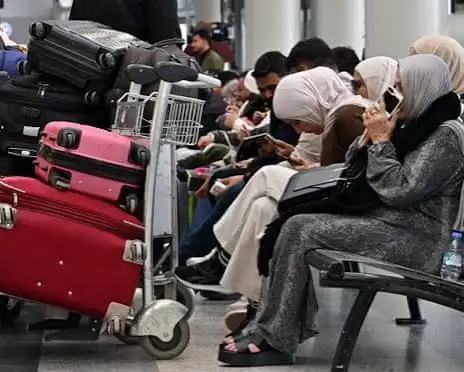
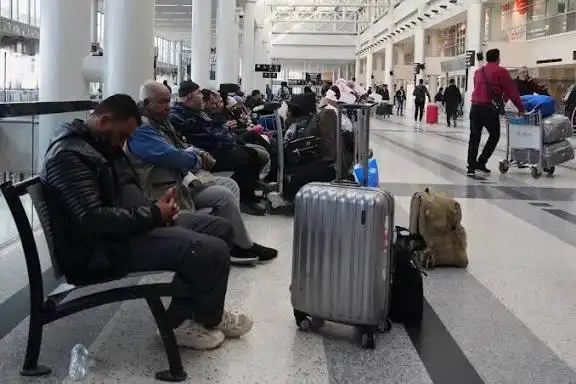
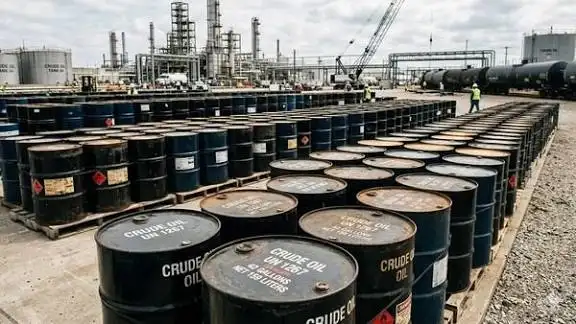

Im not convinced this shift will last. Politics is like a rollercoaster – you never know what twists and turns are coming next!
Wow, the political landscape is heating up! Will this mass defection really impact the 2027 elections? Exciting times ahead!
I think this defection could spice up the political scene! Cant wait to see how it unfolds. 🍿🔥
Wow, what a twist! Could this defection shake up the political landscape or is it just temporary chaos? Exciting times ahead!
This defection is just a power play, not a genuine shift in ideology. Politics as usual, nothing surprising here.
I cant believe the SDP members switched to APC! Could this be a strategic move or just pure chaos? Lets discuss!